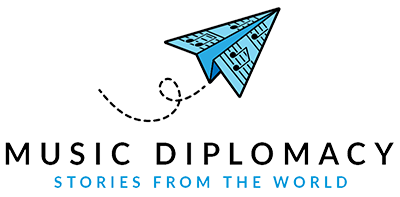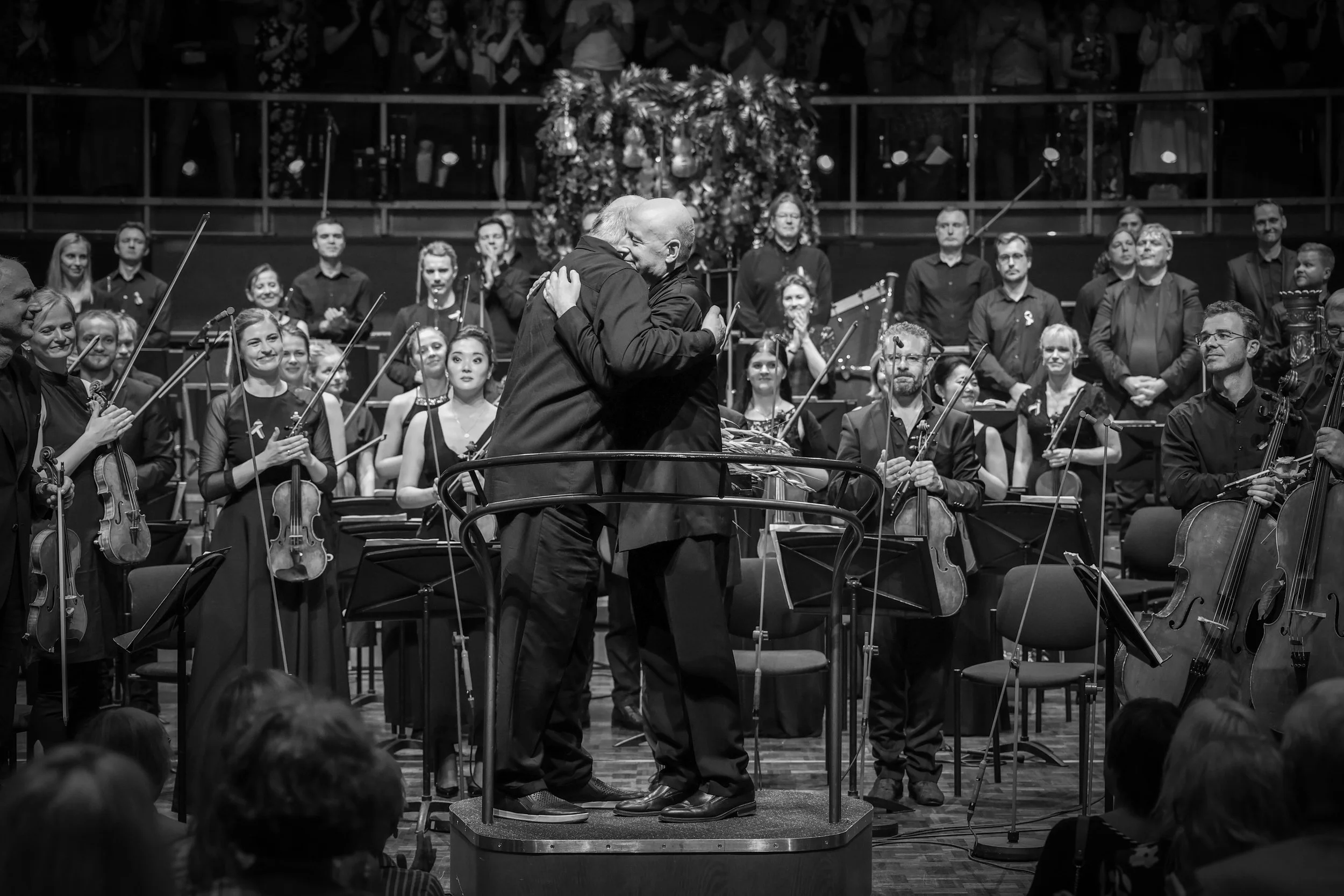Music Diplomacy and COVID-19
We are currently living in times that have not been seen since the end of WW2 and indeed, many would argue that the effects of the Covid-19 virus and its global spread are like nothing we have ever faced before in any generation.
We know that one of the communities most badly affected by the virus is the music and performing arts community. Here in Europe, we are all in various stages of lock-down imposed by our respective governments. This is to contain the spread of the virus, of course, but also means that musicians cannot work or communicate with each-other or with their audiences. They may also not teach other than on-line and despite many of Europe’s governments seeking to help the self-employed and small business sector, most musicians and artists are too easily falling through the gaps set by restrictions to that potential aid and facing livelihood threatening deprivation.
The live music scene throughout Europe is where most musicians will successfully ply their trade and especially in the festival circuit, which to date, is closed and seemingly will remain so for some time to come. Live performance is driven by a cash-related economy and that is driven directly by festivals. The Edinburgh International Festival and Fringe is the latest casualty affecting not just those who would be participating, but also the spin-off into local and national economies and the survival of many businesses in the hospitality sector.
Where does Music Diplomacy fit into this scenario which will have such lasting and sadly damaging effects on our ability to continue enjoying the many benefits of access to live music. Social media can help, but never replace the live experience from the youngest to the oldest European citizen. One of the major casualties is the human voice, in all its richness and the many thousands who participate in singing in choirs and sharing their love of music together and with their families. Ensembles, groups, orchestras and everywhere where we meet to listen and/or participate in music is under threat and not just from the closing of venues, opera houses and concert halls, but also schools, universities and colleges. Our politicians talk about a “new normal” but are all unable to define what that actually might look like.
As President of the European Music Council and as a life-long professional musician, I am both honoured and privileged to continue to work and engage with my colleagues around the world, but especially here in Europe. Diplomacy has always been about speaking with one voice, or if you prefer, conjoined voices as the EMC have sought to demonstrate in our European Agenda for Music. We have used and will continue to use that voice to ensure that music, culture and the arts are not forgotten when we return to the “new normal”.
We must demonstrate that music is not and never was an “optional extra” that we can subscribe to when making choices what our priorities might be. Music is the lifeblood of a nation’s identity and its culture defines what that nation really is about. I have seen extraordinary levels of kindness and care demonstrated by my fellow citizens in Europe and I really hope that we emerge from this crisis a more tolerant and understanding people, but I also have doubts that money will remain the driver of a nation’s identity, rather than its culture.
With our colleagues at the International Music Council and throughout the European network of cultural organisations to which we belong, we will fight tirelessly for the voice of music to be heard. Passion comes from the heart and we must all have big hearts and minds to help each-other to both survive and to flourish when this is all over and please let it be soon, for all of our sakes.
Music continues to be good to me-to enrich my life and soul and to keep me focussed on the future, especially the next few months that still lie ahead. We will need to recondition our minds to accept the “new normal” but we must never forget that we are amongst the lucky few that have homes and families whom we love.
Too many lives have been lost in these past weeks and many more will perish before we can safely find a way to return to some levels of what we experienced before Covid-19 arrived. We will look back on these times, thankful that we survived, but more importantly that through music diplomacy we can build a better world and a better place for future generations to continue enjoying what many of us have enjoyed for all of our lives; the beauty and restorative power of music.
I write as President of the EMC, but much more importantly, I write as a human being who is moved by music. I write as a father and grandfather who has always had the love of his family and all the benefits that love brings and I share that love with you all through music. We must all do the same wherever we can.
Ian Smith
President, European Music Council







